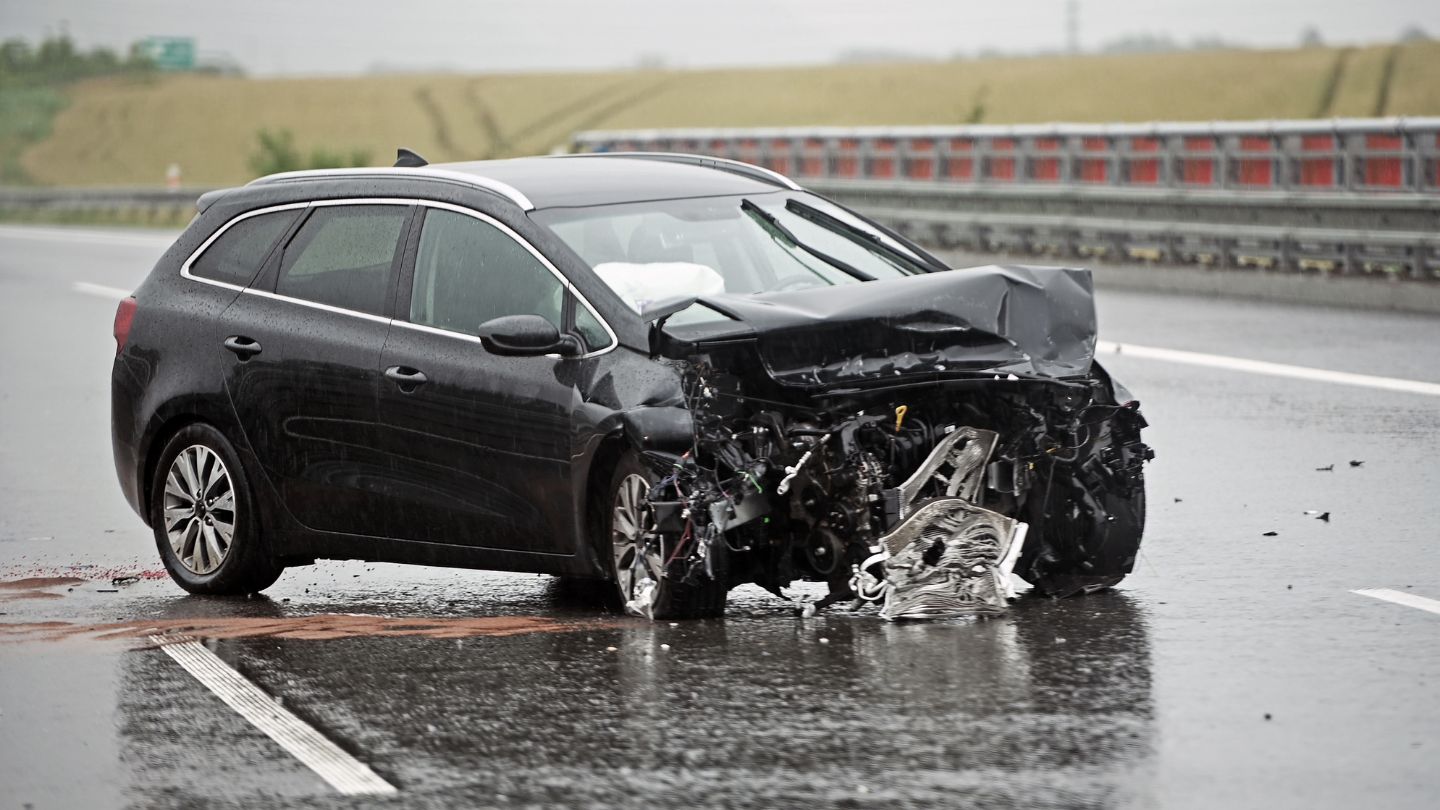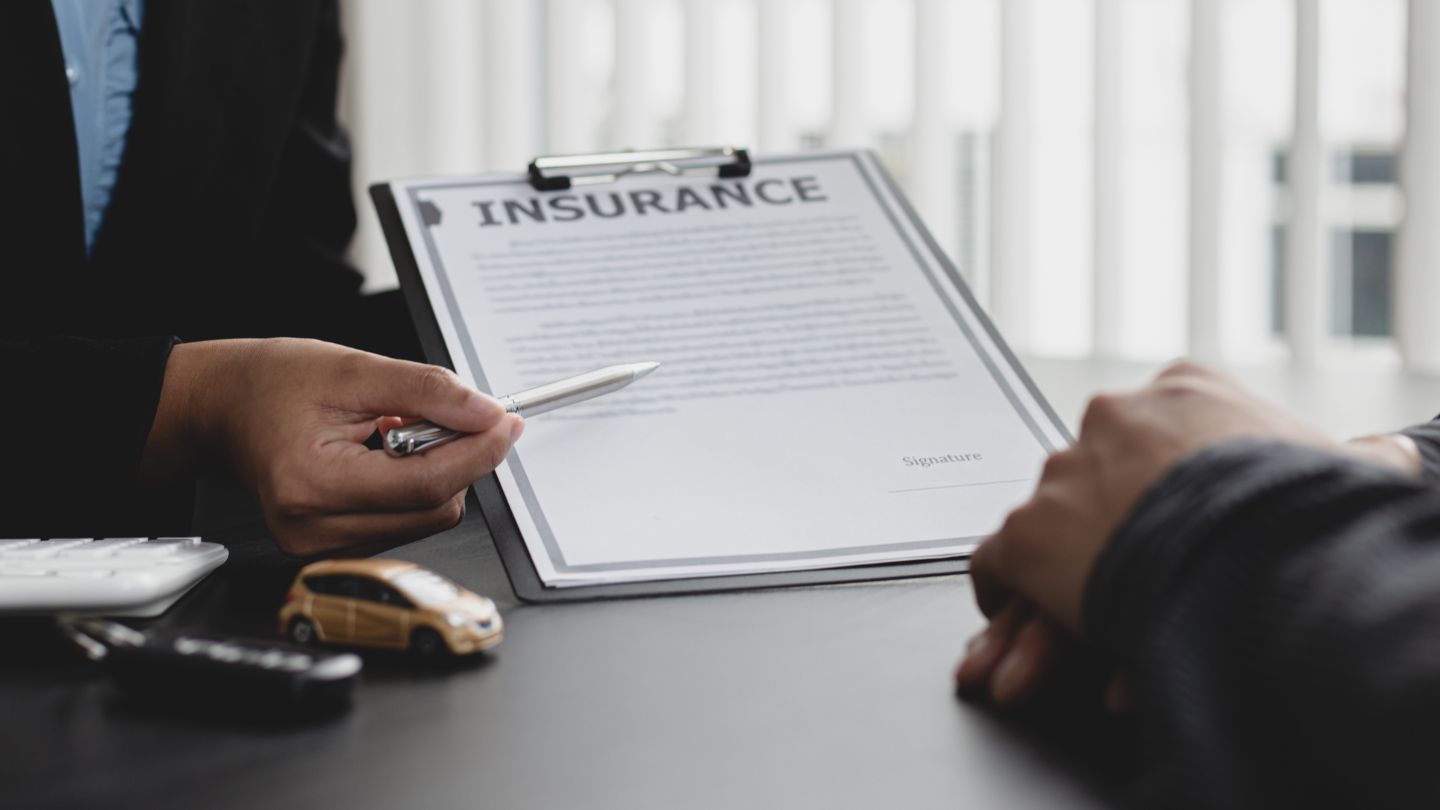Understanding how weather conditions affect auto accident claims in Georgia is essential for any driver. Rain, snow, and fog can add complexities to determining fault and handling claims. This blog will guide you through the influence of weather on your accident claim, the evidence you need, and the steps to take after an accident.
Key Takeaways
- Georgia follows a fault-based system for auto accidents, emphasizing the need to determine negligence, especially in hazardous weather conditions.
- Weather significantly impacts driving safety, with adverse conditions leading to a high percentage of accidents; drivers must adjust their behavior accordingly.
- Gathering substantial evidence, including photos, witness statements, and weather reports, is crucial for substantiating claims in weather-related car accidents.
Understanding Car Accident Liability in Georgia
In Georgia, the legal framework for car accidents is based on a fault system where the driver responsible for causing the accident bears financial liability for resulting damages. It’s crucial that drivers in this state grasp how car accident liability functions, especially when weather-related conditions are involved and as defined by local statutes concerning auto collisions.
Assessing who was careless plays a pivotal role in establishing responsibility following an incident. Drivers who do not adapt their speed or maintain adequate spacing between vehicles, given inclement weather, may find themselves liable. Under Georgia’s modified comparative negligence principle, culpability can be divided amongst several parties, allowing those partially at fault to obtain compensation reduced by their share of guilt.
Entities overseeing road upkeep might shoulder some accountability in instances involving adverse weather-driven accidents because suboptimal highway conditions contribute to such incidents. Consequently, claims emerging from traffic mishaps exacerbated by weather challenges encompass broader aspects regarding accountability beyond merely considering driver actions.
The Impact of Weather Conditions on Driving Safety
Adverse weather conditions significantly elevate the probability of car accidents, with an annual estimate of approximately 1,235,000 weather-related vehicle crashes. The U.S. Department of Transportation states that adverse weather plays a role in 21% of all vehicle collisions, often due to complications like diminished traction on wet surfaces and slick roads.
Precipitation undermines road grip, leading to greater chances for cars to skid or experience hydroplaning, while snowfall and ice can notably increase the stopping distances required by vehicles under hazardous driving conditions that inclement weather introduces. Fog presents additional challenges by drastically reducing visibility and making it difficult for motorists to discern other vehicles or obstructions in their path. Strong winds may pose risks, especially for larger automobiles such as trucks and SUVs, which could lose stability or drift unexpectedly.
The peril escalates During floods when only a foot of moving water has the potential to carry away most vehicles. Similarly risky is glare produced from sunlight or headlight reflection off dampened paths, potentially blinding drivers momentarily. Collectively, these elements necessitate heightened vigilance alongside modifications in driving behavior amidst treacherous circumstances, which are attributed primarily to adverse weather impacts.
Determining Fault in Weather-Related Accidents
Ascertaining responsibility in incidents related to weather can be complex. It is imperative for motorists to demonstrate due care under challenging meteorological circumstances, which means modifying how they drive when faced with issues like diminished sight and treacherous road surfaces.
For instance, during bouts of heavy precipitation, visibility declines while the distance needed to brake safely extends, thus intensifying the difficulty of navigating roads securely. A driver’s failure to keep an adequate gap from the vehicle ahead or alter their speed accordingly could lead them to be at fault in case of a collision. Neglecting to amend driving practices according to adverse conditions might amount to careless behavior.
When evaluating car accident claims where weather played a role, determining who was responsible may become more convoluted because elements such as rain or fog introduce uncertainty into assessments regarding blame. The obligation lies on drivers not only to take heed but also to respond suitably given inclement weather. Evidence, including meteorological reports, becomes crucial for scrutinizing these situations thoroughly. Highlighting this need emphasizes why amassing considerable proof is vital in substantiating one’s claim post-accident.
Essential Evidence for Weather-Related Car Accident Claims

It is essential to collect evidence to support accident claims that involve weather conditions. Taking photos of the scene where the accident took place, especially showing any treacherous elements, such as ice or snow, is critical. These images help illuminate the specifics of how the crash happened and strengthen your claim.
For claims associated with weather-related accidents, witness statements hold considerable weight. Eyewitnesses who observed the incident can describe how the weather impacted conditions at that time, lending credibility to your case. Include testimonies from these individuals that can significantly solidify your argument.
Obtaining weather reports presents another vital form of evidence in these scenarios. Such reports detail what the weather was like when the accident occurred and are instrumental in pinpointing responsibility. Legal professionals often rely on both real-time forecasts and historical meteorological data to back up claims stemming from accidents related to adverse weather phenomena.
Steps to Take After a Weather-Related Car Accident
Immediately following a weather-related car accident, it’s crucial to take certain steps for safety and to solidify your claim. Initially, find a secure area away from the flow of traffic and activate your emergency lights. This action mitigates additional accidents while protecting you from Harm by approaching cars.
Subsequently, inform law enforcement about the incident if injuries or substantial damage are involved. Documenting the scene with photographs is highly beneficial as these images capture both road conditions at that time and the specifics of the collision site.
Exchange insurance information with any other drivers implicated in the accident. This data is imperative when initiating an accident claim. Finally, pursue medical care even if no immediate pain is felt because some personal injuries may be latent in their manifestation. Immediate medical assessment also serves as proof of injury, which can prove vital in supporting claims related to personal injury due to weather-related events.
How Insurance Coverage Applies in Bad Weather Accidents

Insurance coverage in bad weather accidents is similar to other car accidents but with additional considerations. Liability insurance covers damages up to policy limits for at-fault drivers in weather-related accidents. Insurance companies assess the accident circumstances to determine liability and coverage limits.
Obtaining police reports detailing weather conditions at the time of the accident supports claims. These reports often include weather conditions, serving as key documentation for the claim. Accurate weather reports can establish how weather contributed to the accident and influence liability assessment.
Comparative negligence may apply in weather-related accidents, sharing fault among parties, and affecting insurance claims. This means that if multiple drivers are found to be partially at fault, the damages may be divided accordingly.
The Role of an Experienced Car Accident Lawyer
Having an experienced car accident lawyer on your side can significantly influence the success of your claim. These specialized attorneys are well-versed in the intricate laws of Georgia and offer expert guidance through each detail of the case. They take responsibility for submitting all required documents accurately and within mandated time frames, which is essential for adhering to legal protocols in accident claims.
Attorneys with expertise in this field are adept at collecting and arranging critical evidence specifically pertaining to weather-related accidents. Their assistance extends to documenting how injuries have affected a client’s daily life—a key element when demanding adequate compensation.
These lawyers play a pivotal role in negotiations with insurance firms to secure just compensation for their clients. Should you suspect that negligence played a part in the incident, it’s prudent to seek counsel from a legal team proficient at navigating through such complex situations and advocating for rightful compensation on your behalf.
Safe Driving Tips for Adverse Weather Conditions
To drive safely during adverse weather, it’s essential to modify your driving habits in response to the prevailing conditions on the road. In Georgia, altering one’s driving approach according to the current weather is imperative for avoiding collisions. Drivers should decelerate, increase their following distance from other vehicles, and exercise heightened caution.
When confronted with wet conditions, adhere to these practices for enhanced safety.
- Extend your following distance from other cars, allowing more time to stop.
- Decrease your speed considerably amid torrential rain or heavy snowfall to avoid sliding and potential mishaps.
- Switch on vehicle headlights and utilize windshield wipers efficiently so as to bolster visibility and overall security.
Vehicle upkeep is fundamental in ensuring safe travel. Confirm that tires are not only correctly inflated but also possess adequate tread depth, which optimizes grip on icy roads or during rainfall. Frequently inspecting brakes, lights, and windshield wiper functionality is critical. Such measures can greatly diminish the likelihood of a weather-related accident occurring.
Summary
Weather can play a significant role in car accidents, complicating the claims process and liability determination. By understanding how adverse conditions like rain, fog, or ice impact driving safety and legal responsibility, you can better protect your rights. Gathering strong evidence, following the necessary post-accident steps, and staying informed enables smoother handling of weather-related accident claims.
At Howe.Law Injury & Accident Lawyers, we understand how challenging these situations can be, and we’re here to help you every step of the way. If you’re seeking an experienced auto accident lawyer in Atlanta, our dedicated team has the expertise to guide you through the complexities of weather-related claims and fight for the compensation you deserve. Allow us to be your advocates and ensure your rights are protected during difficult times.
Frequently Asked Questions
1. How do weather conditions impact liability in car accidents in Georgia?
Liability in weather-related car accidents depends on whether drivers adjust their behavior to the adverse conditions. Failing to reduce speed, maintain safe following distances, or exercise caution may be deemed negligent, making the driver at fault for the accident.
2. What evidence is crucial for weather-related car accident claims?
Photos of the accident scene, witness statements, weather reports, and any police documentation are essential. These pieces of evidence help demonstrate how weather conditions contributed to the accident and support your claim.
3. Can insurance companies deny claims in bad weather accidents?
Insurance companies may still cover accidents that occur in bad weather, but they assess whether negligence, such as reckless driving, played a role. Comparative negligence may also apply, influencing how compensation is divided if both parties share fault.
4. What steps should I take immediately after a weather-related car accident?
Move to a safe location, turn on hazard lights, call law enforcement, and document the scene with photos, especially showing hazardous conditions. Seek medical attention even if you feel fine, and exchange insurance information with other involved drivers.
Related Articles


























































